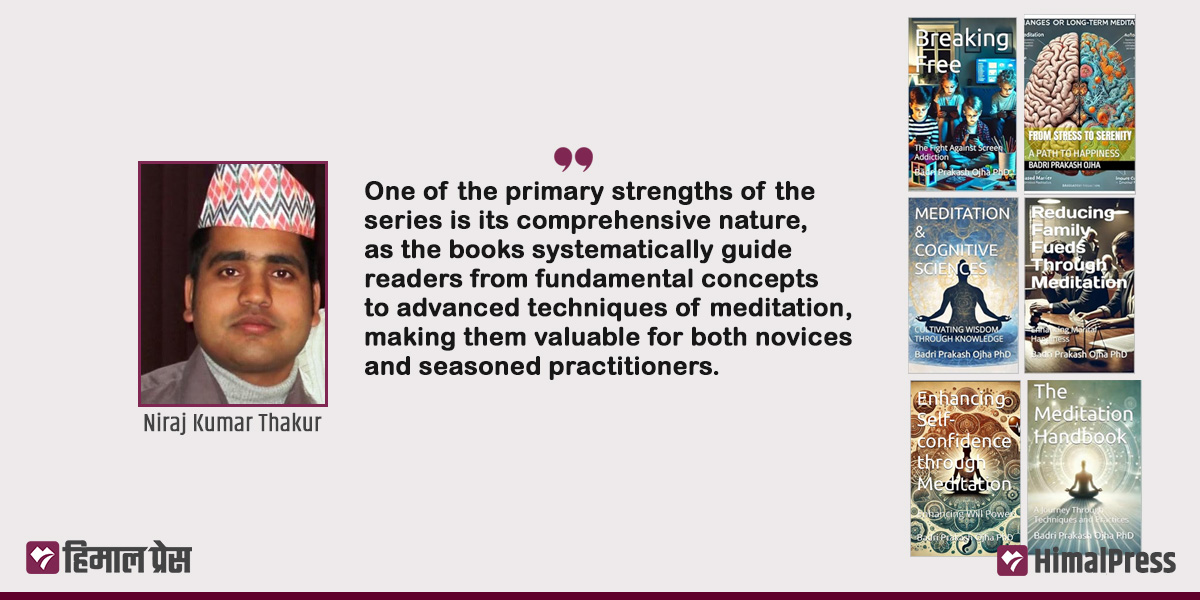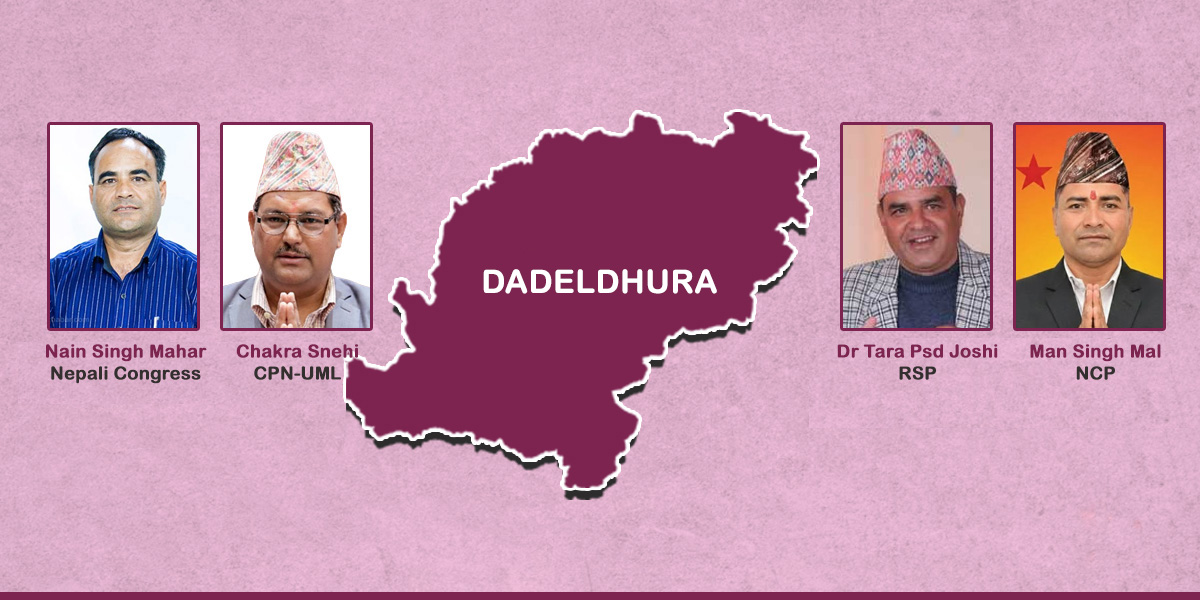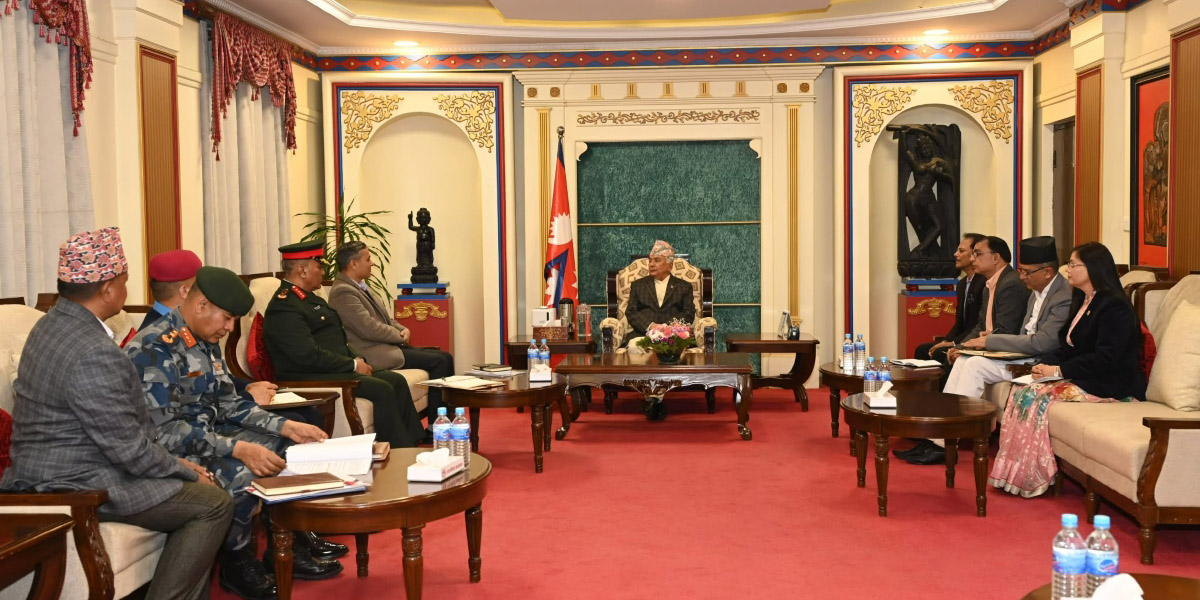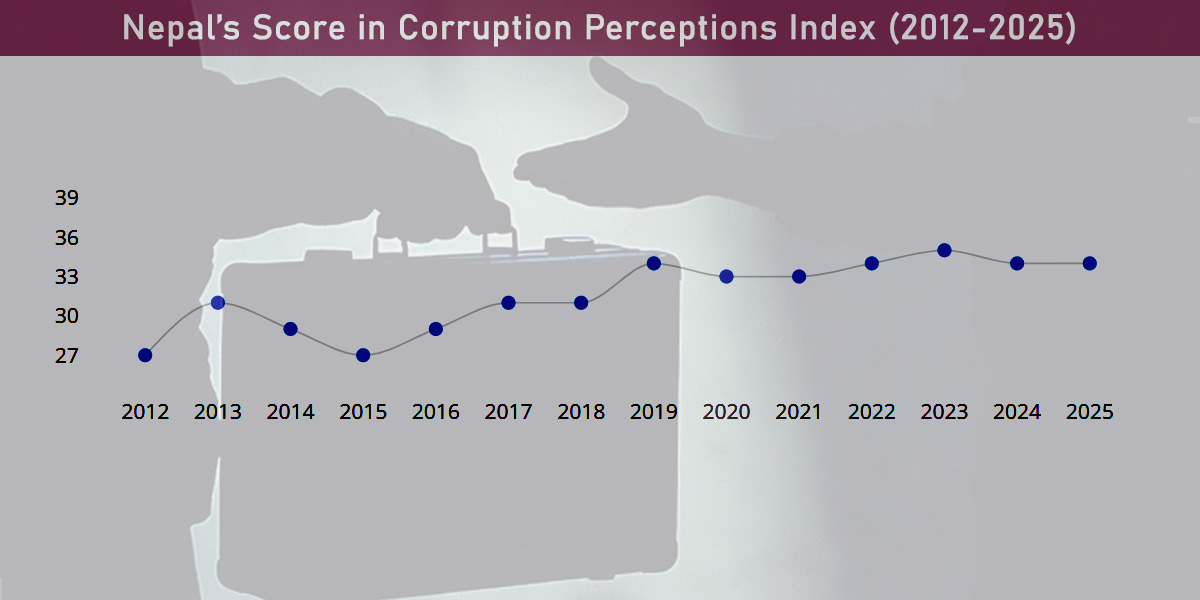
Meditation has long been a subject of interest for spiritual seekers, mental health practitioners and those looking to improve their overall well-being. The six-book series by Badri Prakash Ojha, PhD, on meditation presents an in-depth exploration of this ancient practice, combining scientific insights with traditional wisdom. This is an attempt to evaluate the series in terms of content, structure, practical applications and its contribution to the field of meditation studies.
Overview of the Series
The six books in this series address different aspects of meditation, offering both theoretical and practical guidance. They range from introductory concepts suitable for beginners to advanced techniques for experienced meditators. In the series, Ojha integrates Eastern philosophical traditions with contemporary research, making the books accessible to a wide audience.
The volumes in the series include:
- The Meditation Handbook – A Journey Through Techniques and Practices: As the first book by Ojha, it is a comprehensive guide to meditation, covering its philosophy, benefits, techniques and practical applications. The book is designed to help readers incorporate meditation into their lives for enhanced mental, emotional, and physical well-being.
- Enhancing Self-Confidence Through Meditation – Enhancing Will Power: In this book, the author offers a well-researched and practical guide to unlocking inner strength and overcoming self-doubt through meditation. The book presents a structured approach to enhancing self-confidence, combining insights from psychology, neuroscience and mindfulness practices.
- Reducing Family Feuds Through Meditation – Enhancing Marital Happiness: This book explores how meditation can serve as an effective tool to mitigate family disputes, particularly marital conflicts, by enhancing emotional regulation, communication, and empathy.
- Meditation & Cognitive Science – Cultivating Wisdom Through Knowledge: The fourth book by Ojha explores the intersection of cognitive science and meditation, focusing on how meditation enhances cognitive and emotional processes essential for wisdom, moral development and decision-making.
- From Stress to Serenity – A Path to Happiness (Meditation Book 5): This book bridges the gap between science and spirituality, offering a comprehensive look at how meditation can be harnessed to cultivate lasting happiness. By understanding the neuroscience behind meditation, exploring its therapeutic applications, and incorporating practical techniques, readers gain the tools and insights needed to embark on their journey toward happiness. Whether seeking relief from stress, emotional healing, or a more fulfilling life, this book provides the knowledge and practices to cultivate a deeper, more sustainable sense of well-being.
- Breaking Free – The Fight Against Screen Addiction: This comprehensive book explores the increasing influence of screen media on children and adults, shedding light on its benefits and challenges. It delves into the effects of prolonged screen use on health, habits, and well-being while proposing actionable strategies to manage and mitigate these impacts.
Critical Analysis
One of the primary strengths of the series is its comprehensive nature, as the books systematically guide readers from fundamental concepts to advanced techniques of meditation, making them valuable for both novices and seasoned practitioners. Ojha’s writing is clear, concise, and engaging, avoiding unnecessary jargon while maintaining depth. This makes the book suitable for both beginners and advanced readers. Another key strength is the series’ ability to bridge the gap between ancient meditative traditions and modern scientific research, particularly in the fields of neuroscience and psychology. Additionally, the books go beyond theoretical knowledge by offering practical, step-by-step guidance on incorporating meditation into daily life. Exercises, reflective questions, and real-life examples further enhance the reader’s ability to apply the concepts learned.
However, there are areas where the series could be improved. For instance, including more case studies and testimonials from diverse practitioners could add a relatable and practical dimension to the content. The inclusion of visual aids such as diagrams, images, or infographics could also help illustrate certain concepts more effectively. Furthermore, a deeper comparative analysis of meditation practices across different cultures and traditions could enrich the discussion and provide a broader perspective.
Nevertheless, Ojha’s series makes a significant contribution to the study and practice of meditation. By providing both scientific and spiritual perspectives, it offers a holistic understanding of meditation’s benefits and applications. The series can serve as a valuable resource for meditation teachers, health practitioners and individuals seeking personal growth.
Conclusion
Overall, Meditation (6-Book Series) is a comprehensive and well-researched collection that successfully demystifies meditation for a broad audience. Its structured approach, scientific backing and practical exercises make it a must-read for anyone interested in exploring or deepening their meditation practice. Despite minor areas for improvement, the series stands as a valuable addition to the growing collection of literature on meditation and mindfulness.
(Thakur is a Nepali-American professional working as a Lab Scientist at Ohio Health Center in the USA. He can be reached at: [email protected] for comments.


![Maha Shivaratri being celebrated across the country [With Pictures]](https://en.himalpress.com/wp-content/uploads/2026/02/HRB_KTMImage2026-02-15at7.37.40AM1.jpg)










